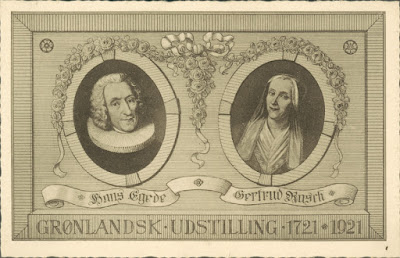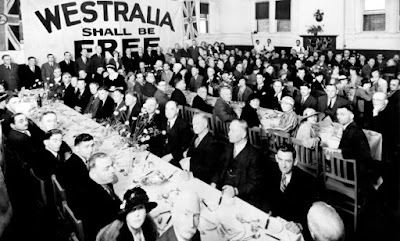Guam in the UNPO?

On Thursday, December 12th, from 4-6 pm, a public hearing will be held on Resolution No. 255-35 (LS) titled " RELATIVE TO SUPPORTING GUAM’S APPLICATION FOR MEMBERSHIP TO THE UNREPRESENTED NATIONS AND PEOPLES ORGANIZATION (UNPO)." Please consider testifying in person on Thursday or submitting testimony via email in support of this resolution. Written testimonies may be delivered to the Office of Speaker Tina Muña Barnes at 163 Chalan Santo Papa, Hagåtña, Guam 96910or via email to speaker@guamleg islature.org . Joining the UNPO could bring an higher level of visibility Internationally and nationally to Guam's issues. Manny Cruz and I wrote as much in recent weeks in columns and letters to the Pacific Daily News. ***************************** Group connects marginalized people across the world Michael Lujan Bevacqua Pacific Daily News November 21, 2019 Speaker Tina Muña Barnes has proposed a resolution that would seek Guam’s membership in the UNPO, or the Unre






